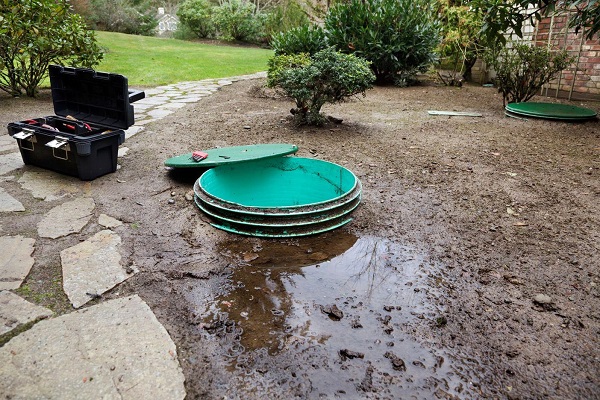Deed restrictions can appear in different ways on properties in the UK. They may apply to both new builds and older properties, and can be difficult to remove, although you can change them in certain cases.
There are some curious examples of deed restrictions if you have purchased a property on a land estate such as a village where ground rent is paid to a local leaseholder. You may find that your property has to be painted in a particular colour, or that fences cannot be constructed to delineate your property.
Alternatively you may have a property which has a homeowners’ association. This is often the case with static homes, for example, and there may be restrictions on how you can use your outside space.
In any of these cases, there may well be little you can do if you are unhappy with the deed restrictions. Your first steps should be speaking to either the home owners’ association chair or the estate management office. It is also a good idea to talk to neighbours and discover what their experience has been.
Some restrictions may be outdated and you may have a better chance of challenging these. Also, if you have difficulty tracing the original beneficiary of the restriction, it may be deemed invalid.
Restrictive covenants
Most frequently, however, you may find that a property has restrictive covenants which appear on the deeds. So, how do you deal with those if you feel they inhibit your enjoyment of your property or that they are unreasonable?
The first step is to contact a legal adviser. Whether you are in Aberdeen, Aylesbury or Ascot solicitors will be available to help you who specialise in this kind of issue. There is plenty of information online on sites such as Parachute Law
Removing deed restrictions
The Land Registry Title Register will list details of all restrictive covenants which may affect the property you are interested in. As we have mentioned, they will be found in section C of the title. Here you will find the details of the burden of ownership of the property in question.
You must remember that the restrictions attach to the land and not the previous owner, so if you purchase a property, any restrictions will apply to you and your use of the property will be affected. It is possible that not all the property is subject to the restriction and this will be indicated on the plans attached to the deeds.
If you have exhausted the remedies suggested above, your solicitor may be able to prepare a Deed of release or Deed of Variance to release you from the restriction. They will check whether there have already been any Deeds of release or Deeds of variance which are referenced in the Title Register. They will obtain copies of these which may mean that the restriction has already been released or removed.
Finally, you may approach the Upper Tribunal (Lands Chamber) who can vary or discharge the restriction. This may, however, involve paying compensation to the beneficiary or covenantee.





